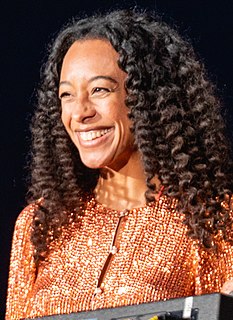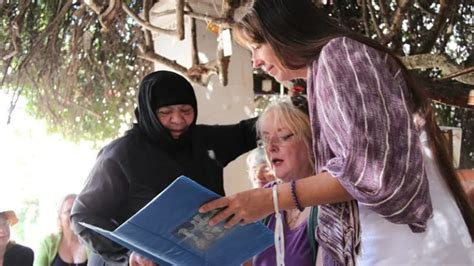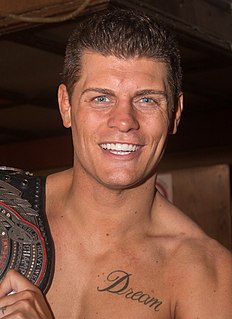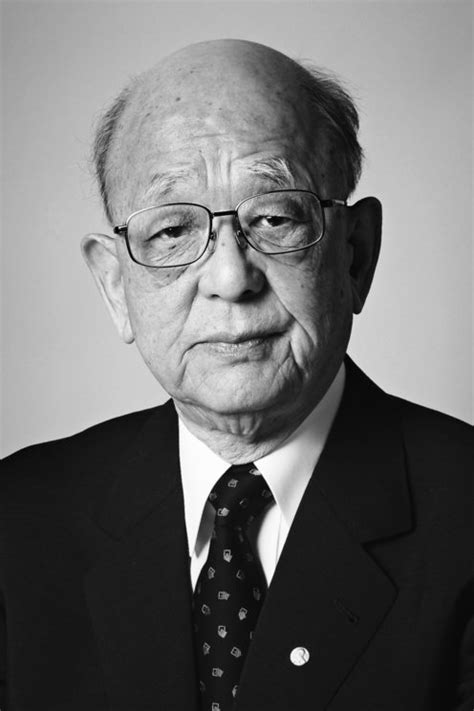A Quote by Lawrence R. Klein
After my first visit to Japan, in 1960, to work on a joint model building project at Osaka University, I maintained a continuing interest in the country and the entire Far East.
Related Quotes
We would like to see science and higher education developing here [on the Russian Far East], so that it could become one of the major research centres in the entire APR system. Undoubtedly a lot remains to be done here, but given the labour market demand, the relevance of such a university is undeniable.
I remember my very first encounter with Japan. At that time, I was Deputy Mayor of St Petersburg. Out of nowhere, Japan's Consul General in St Petersburg came to my office and said Japan's Ministry of Foreign Affairs wanted to invite me to Japan. I was very surprised because I had nothing to do with Japan except being a judoka. This was an opportunity to visit Tokyo and a couple of other cities. And, you know, a capital is a capital everywhere: there is the official script and certain protocol. It is always easier to talk in the provinces, the conversation is more natural.
Including my nine years as a student, the majority of my life has been at Hokkaido University. After my retirement from the university in 1994, I served at two private universities in Okayama Prefecture - Okayama University of Science and Kurashiki University of Science and the Arts - before retiring from university work in 2002.


































